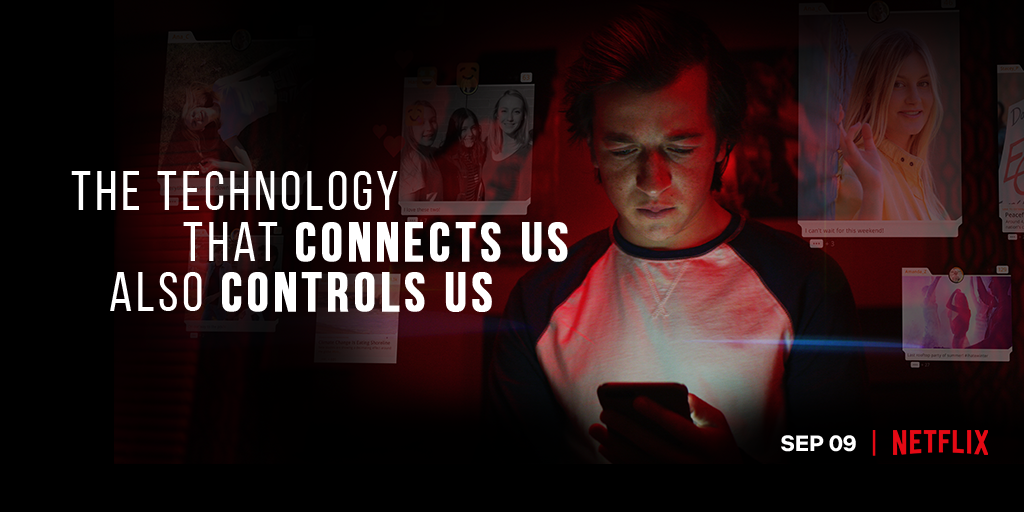When Netflix released its documentary called ‘the Social Dilemma’ on January 26, many began to critically consider and question their use of social networks and platforms that provide similar services such as Facebook, Instagram and Twitter. Many people reduced the time spent on these platforms, while others decided to become more familiar with privacy policies. Nonetheless, the documentary caused many to feel uneasy due to the realization that their data is everywhere. If by any chance, you are not familiar with the documentary, the plot is based on the research into the dangerous and versatile effects of social networks. With the experts who worked on the development of various social networks, the documentary illustrates their negative aspects.
Although we believe that the documentary raises awareness of the real problems that occur daily, such as the use of private information for marketing purposes, every average user should already be familiar with such problems, either through their own use or through research.
So, what is the real problem?
Firstly, when something is referred to as a dilemma, especially a “social dilemma,” the question is, where is the dilemma. Throughout the 94 minutes of the documentary, we could not find a single part that looks at the positive aspects of the Internet. Therefore, this cannot be called a dilemma, but a monologue of monotonous ideas. If at least one positive feature of the Internet had been presented in the documentary such as the possibility of connecting, the availability of information – we could have engaged in a real debate about the problems that have been presented.
Second, the statistics presented throughout this documentary are very worrying. The documentary cites the findings of a study done by MIT, which shows that the rates of anxiety and depression in young people have exponentially increased since 2011. Specifically, hospital admissions due to self-harm increased by 62% in girls between 15 and 19 years, and 189% in girls between 10 and 14 years. The documentary also states that the statistics are similar when it comes to suicide – when comparing 2000s and 2010s respectively, suicide among girls (15-19) increased by 70%, and among girls (10-14) by 151%. Using these statistics, the documentary makes a direct correlation between these statistics and the use of social networks.
Throughout the 94 minutes of the documentary, we could not find a single part that looks at the positive aspects of the Internet. Therefore, this cannot be called a dilemma, but a monologue of monotonous ideas.
The reality is that there is no valid research that proves that more girls are committing suicide because of the negative effects of social networks. The fact that such statistics exist, indicates that the societal state of awareness has increased and that more attention is being paid to various factors that affect mental health. Thus, it cannot be deductively concluded that the increased use of social networks has resulted in the increase in the rate of self-harm and suicide – it may be one of the factors but there is no direct correlation.
Third, the film ignores the proactivity of programs that social networks have already managed to incorporate into their privacy policy and algorithms that fight against the spread of misinformation. Similarly stated in the documentary, misinformation, or as popularly known “fake news,” spreads on Twitter six times faster than verified news. Many networks, such as Facebook, Twitter, have created mechanisms that check the accuracy of shared information, thus improving the information system. Although social networks took precautionary measures and are becoming more advanced, a person should not treat these platforms as a reputable news source. Moreover, it is not an issue that these platforms use algorithms that show us personalized content. It is our responsibility to get informed from multiple sources, not the responsibility of these networks. Examples of websites that practice fact-checking are “Raskrinkavanje” or “Fake news tracker”.
Benefits from social networks would be marginal unless we are shown personalized content. By looking at content that interests us, we have an opportunity to access a sea of information and eventually become an expert in the field. Jean-Paul Sartre said: “Man is condemned to be free; because once thrown into the world, he is responsible for everything he does.” Taking personal responsibility for the use of social networks and the Internet and not simply leave your data in the Internet abyss, is crucial. There is no dilemma – we are accountable.








